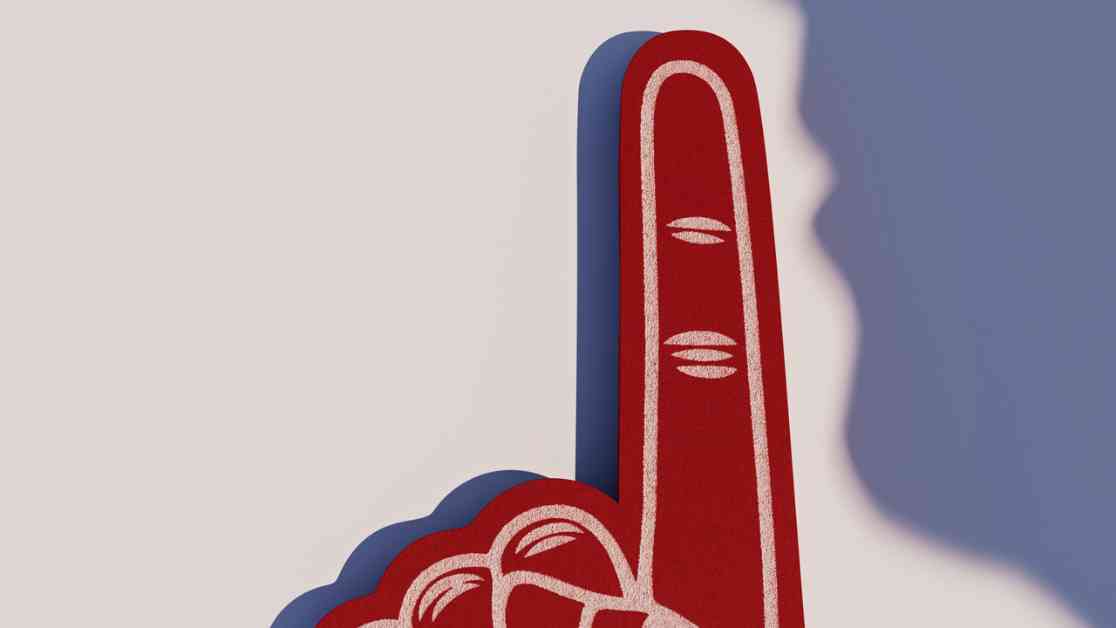In the wake of the turmoil that engulfed Harvard University in the fall of 2023, a year of crisis and controversy, the campus remains in a state of bewildered unease. Harvard, the oldest and wealthiest university in the United States, found itself embroiled in a series of conflicts that threatened to upend its very foundations. From debates over Israel and Palestine to allegations of plagiarism against its president, Claudine Gay, Harvard faced a series of challenges that tested its leadership, values, and resilience.
The spark that ignited the firestorm was the invasion of Israel by Hamas-led fighters from Gaza, which resulted in over a thousand deaths and the taking of hostages. As the world watched in horror, Harvard’s response to the crisis came under intense scrutiny. The new president, Claudine Gay, found herself at the center of a storm of controversy as she navigated the delicate balance of addressing the violence while upholding the university’s commitment to free speech.
The events that followed, from debates over antisemitism and discrimination to protests and counter-protests on campus, revealed a campus divided and struggling to find common ground. The clash between Palestinian and Israeli voices reverberated across the university, culminating in a wave of tension that threatened to engulf the entire campus.
As the crisis unfolded, Harvard found itself at a crossroads, grappling with questions of speech, identity, and authority. The pressure from external forces, including government officials and donors, added another layer of complexity to an already volatile situation. The very foundations of the university were put to the test, as Harvard navigated a precarious path through a landscape of shifting alliances and conflicting ideologies.
In the midst of the chaos, a group of faculty members came together to propose a faculty senate, a body that would increase scholarly input on university governance. Led by Danielle Allen, a professor of government, the initiative aimed to create a more inclusive and transparent decision-making process at Harvard. The faculty senate project represented a glimmer of hope in a sea of uncertainty, offering a pathway towards greater collaboration and dialogue among the university’s diverse stakeholders.
As the dust settled on a tumultuous year, Harvard emerged changed but resilient, its core values and mission intact. The challenges of the past year had tested the university’s mettle, but also revealed its enduring strength and adaptability. Harvard’s ability to weather the storm and emerge stronger than before was a testament to the resilience and spirit of its community, a community united in its commitment to scholarship, diversity, and free expression.
The events of 2023 had left an indelible mark on Harvard, shaping its future and challenging its leaders to rise to the occasion. As the university looked ahead to a new chapter, it was clear that the lessons learned from the crisis would inform its path forward. Harvard, the flagship of American higher education, had weathered the storm, and emerged stronger, more united, and more determined than ever to uphold its legacy of excellence and innovation.












